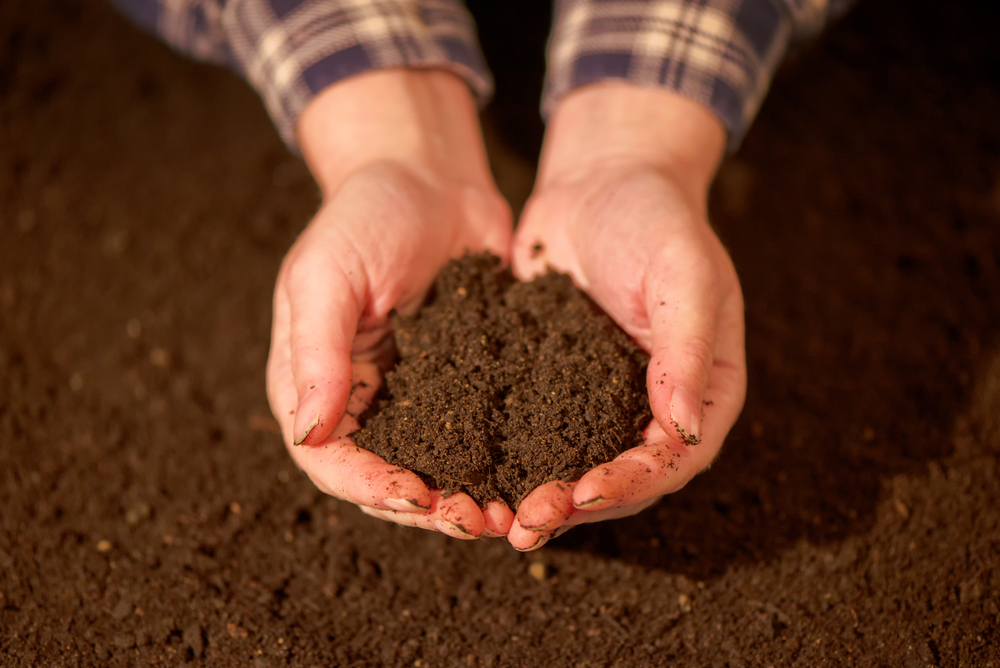
What Comes First-Soil Health or Plant Science?
Bill Buckner, president and CEO of the Noble Foundation argues that more research needs to go into efforts to understand and manage soil health– a field he feels has been long neglected. [Read article]
In the article above, the president and CEO of the largest independent agricultural research institution in the U.S. suggests soil science has been largely ignored for centuries. According to Bill Buckner, our understanding of soil function and the intricate biology behind it is sorely lacking. He speaks of the need to, “make soil relevant again.”
At Taurus, we have long advocated that agronomy and soil health go hand-in-hand. While there is still much to learn about the mysteries behind soil – there is a great deal of valuable information that can be easily gained through a robust soil testing program , or by utilizing more advanced soil health testing methods that progressive labs are beginning to introduce.
Soil testing provides an accurate reflection of nutrient levels in your fields, so you can confidently identify deficiencies of macronutrients and micronutrients. By removing the guesswork, growers can be more effective, more efficient and more economical when devising a fertility program.
A soil test can also identify other key factors that have a direct correlation to plant health: such as organic content, pH, salinity and saturation of Cation Elements. Advanced growers are often interested in testing for microbial identification to form a biological inoculant strategy that capitalizes on the symbiotic relationships at root level.
Advanced soil health tests analyze the fertility of the soil through the chemical; biological and physical components that impact soil health and are directly connected to a plants ability to attract and support organisms that enhance plant health. These tests are becoming more readily available and will aid growers in learning how and what organisms are in their soil and how they can be utilized for better crops.
We wholeheartedly applaud the call to focus research on furthering our understanding of soil health. In the meantime, the easiest way to make soil relevant again is to begin with the insights that can be gained through regular soil testing.
